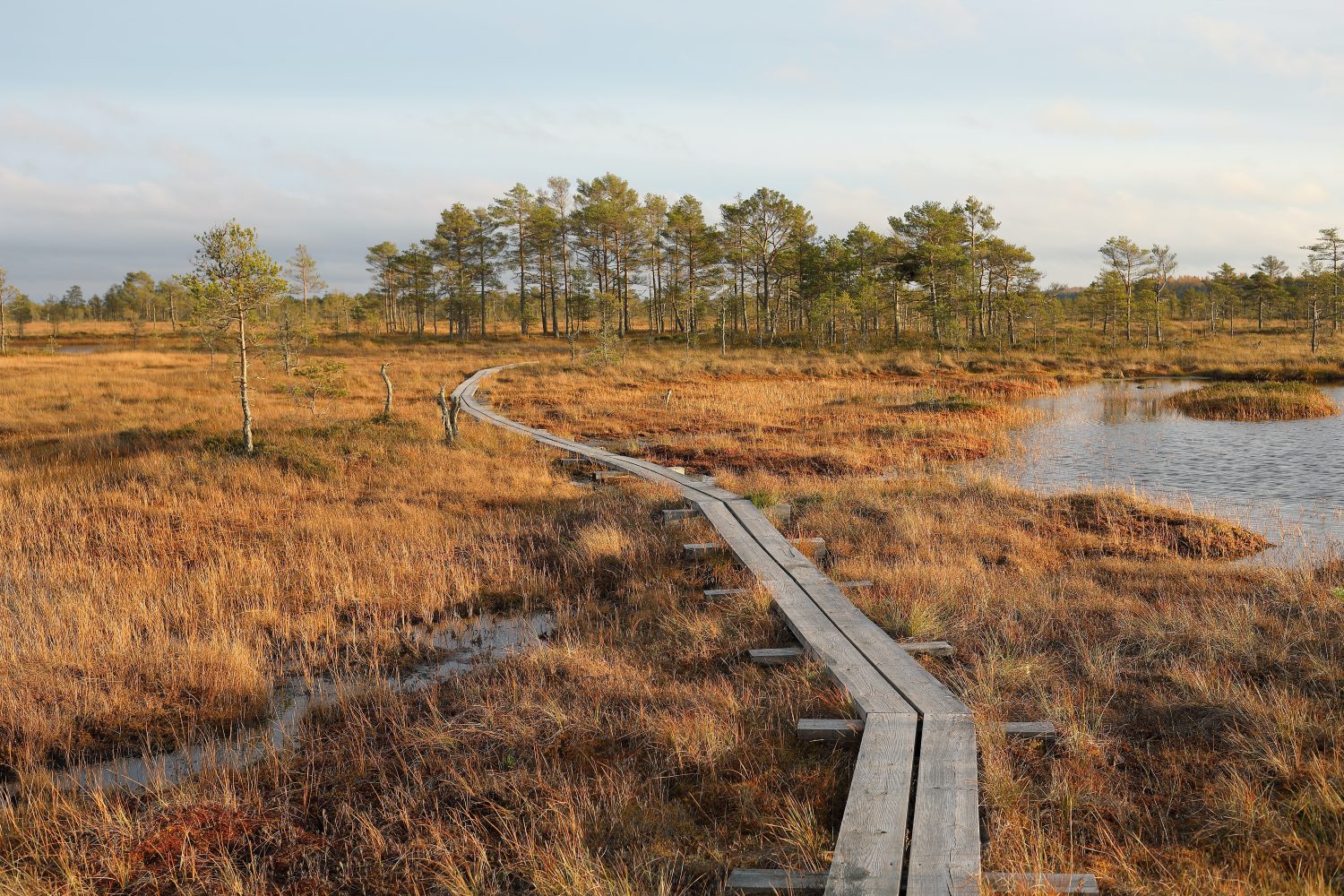The BIOS² Research Funding Program in partnership supports PhD projects proposed by non-academic partner. The overall theme of the call is “improving biodiversity assessments with new computing technologies”.
Biodiversity science progressed in the last fifteen years due to remarkable technical advances in computing power and data availability. Biodiversity monitoring programs, along with research projects and citizen science generate massive amounts of information that can be used to predict future impacts of human actions on biodiversity. Other fields of life sciences, such as genomics, medicine, and neuroscience, have met the ‘big data’ challenge by developing computational infrastructure, data pipelines and analytical frameworks, while ecology is comparatively lagging behind. This requires a specific approach to raising computational literacy among the future generation of ecologists.
The objectives of the training program in Computational Biodiversity Science and Services (BIOS²) are:
- To train future environmental problem solvers to monitor, analyze, predict, and act on biodiversity change issues using cutting edge technologies and analytical approaches;
- To prepare highly qualified personnel to lead data-driven collaborative, multidisciplinary and cross-sectorial research in biodiversity science and;
- To improve recruitment of biodiversity science specialists in Canadian organizations.
Objective and eligibility
The objective of this call is to support a PhD project proposed by a non-academic partner that aims to improve the ability to assess biodiversity. A strong emphasis is given to problems that are of strategic importance to partners and with concrete applications of research outputs.
- The organization could be private, governmental or non-profit based.
- The organization will be involved in the development and realization of the project and his expected to host the student for part of his studies.
- The contact person must be a biodiversity specialist but is not required to be a researcher.
Value and resources
The objective of this call is to fund projects, not students. Students will be selected by the co-PI and partner once the project is awarded. The project should start within 6 months after application.
A scholarship of a value of $21,000/year for up 3 years for salary plus up to $2000/year of supplementary grant to support training, travl and communication. The funding will be administered by a BIOS² co-PI.
Selected students will become BIOS² Fellows. Fellows have access to all training activities and financial support. They are expected to participate in the various activities and contribute to the collaborative environment of the program.
Application and selection procedures
Proposals will be evaluated according to the following criteria:
- Scientific relevance of the project
- Impact for partners
- Implication of the partner in the research
- Use of computational tools
- Potential for training in a professional environment
- Resources for research
The selection is based on those criteria and applications must respect the program rules for diversity and equity.
Application process :
- The application is conducted by a non-academic partner, under the supervision of a BIOS²co-PI1
- The form to submit proposals is: https://forms.office.com/r/YS57w2kayY
The calls will be open from October 25 to November 15, 2021.
- If no applications are received by November 15, the competition will remain open until the position is filled.
- Notification of decision: Within 6 weeks after the deadline or after receiving complete application
1 BIOS² Co-PIs are: Dominique Gravel and Pierre-Étienne Jacques (Université de Sherbrooke), Timothée Poisot et Anne Bruneau (Université de Montréal), Steven Kembel (UQAM), Joël Bety (UQAR), Philippe Archambault (Université Laval), Andrew Gonzalez (McGill University), Pedro Peres-Neto (Concordia University), Sarah P. Otto (University of British Columbia) and Erin Bayne (University of Alberta).
Photo credit: Maksim Shutov on Unsplash

